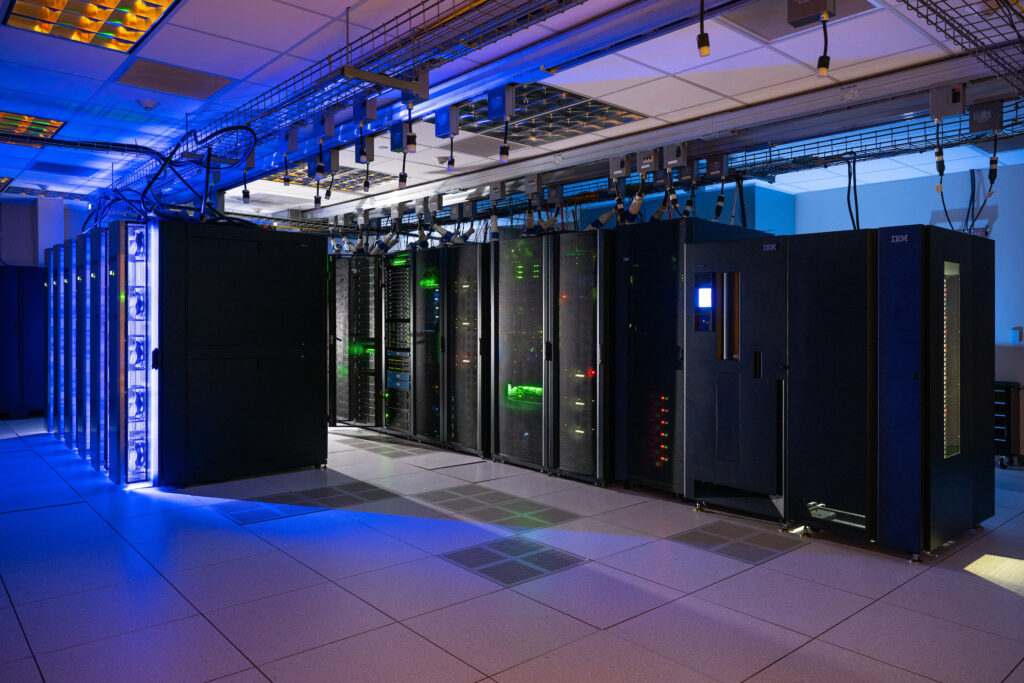FARGO, N.D. – North Dakota State University (NDSU) has been awarded a $3.85 million grant from the National Science Foundation to acquire and deploy a new supercomputer for artificial intelligence (AI) research. The grant was secured through the highly competitive Major Research Instrumentation program, which supports the development of state-of-the-art research infrastructure. This substantial investment is a testament to NDSU’s growing role in advanced computing and research.
The new supercomputer, to be named Bison, will significantly enhance NDSU’s research capabilities in AI and high-performance computing. According to NDSU President David Cook, this investment “positions NDSU at the leading edge of AI” and will enable faculty and students to explore new frontiers of discovery. The system is designed for intensive computation and demanding AI training, fine-tuning, and inference tasks. With its powerful GPUs and a data storage system optimized for large-scale AI workflows, it represents a substantial upgrade to the university’s existing advanced research computing resources. Its applications will span a wide range of critical areas, including public policy, agriculture and food security, healthcare, energy, environment, and quantum information science.
Dr. Khang Hoang, the grant’s principal investigator, noted that the supercomputer will be a “game-changer” for both AI and non-AI scientific research. The system will be housed in the datacenter of the NDSU Center for Computationally Assisted Science and Technology (CCAST), a leading academic computing facility in North Dakota, with initial operation targeted for summer 2026. Beyond NDSU, the supercomputer’s resources will be available to researchers at other institutions within the North Dakota University System and tribal colleges. This initiative aims to democratize access to high-performance computing, fostering statewide collaboration and enabling the education and training of the next generation of scientists, engineers, and technologists. The goal is to advance AI research and expand access to high-performance computing across the entire state.

